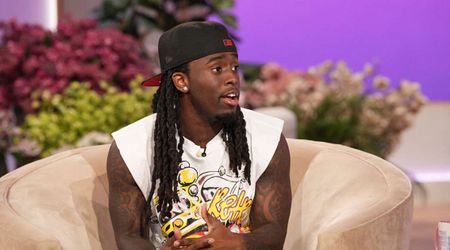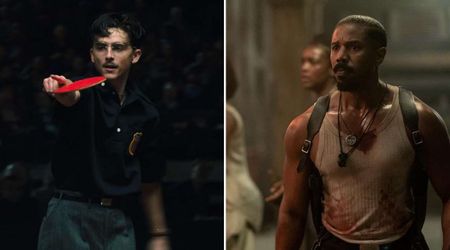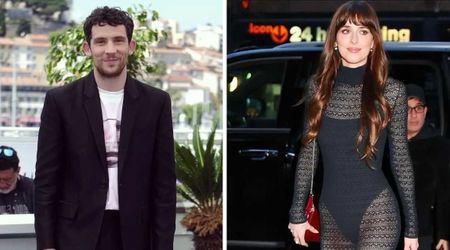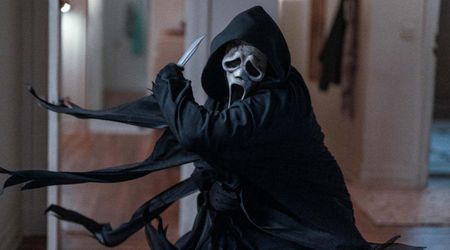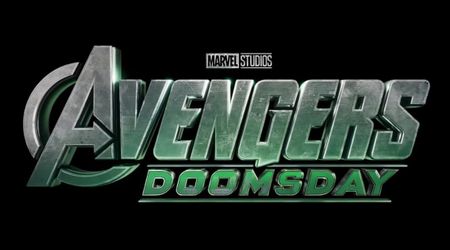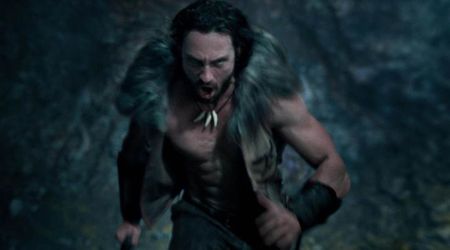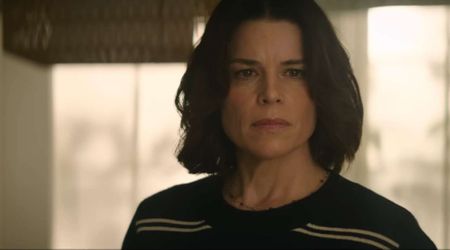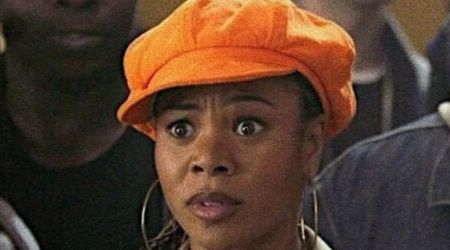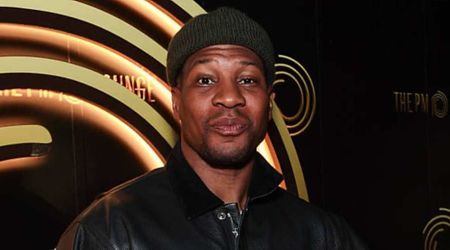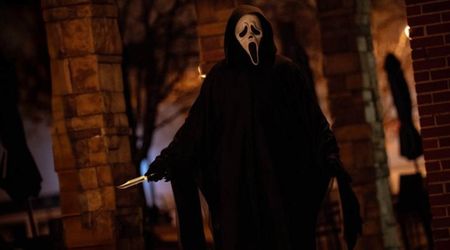'Avengers: Endgame's nod to LGBTQ wasn't enough but there's still hope and here's why

'Avengers: Endgame' was a lot of things — emotional, exhilarating, satisfying and very human but what it wasn't was inclusive. If this conversation hadn't started on the internet, no one would have even noticed that there was supposed to be a gay character at the beginning of the film, which was supposedly Marvel's huge move to declare that superheroes have LGBTQ characters. It slopped, let's admit that.
During the scene which sees Steve Rogers leading a support group for the survivors of the Snap, an unnamed man played by co-director Joe Russo talks about going on his first date in five years, with it casually mentioned that this date was with another man. Well, that clearly isn't enough. "The fleeting appearance of a gay character in the film is at very best a cloaked nod to the queer community. The character doesn’t even have a name and only appears for a few moments on screen. I think that Marvel has a responsibility to be more inclusive, and this fleeting appearance of a gay character just doesn’t do it," Dr.Sharon Lauricella, Associate Professor at the Faculty of Social Science and Humanities, Ontario Tech University tells MEA WorldWide (MEAWW).
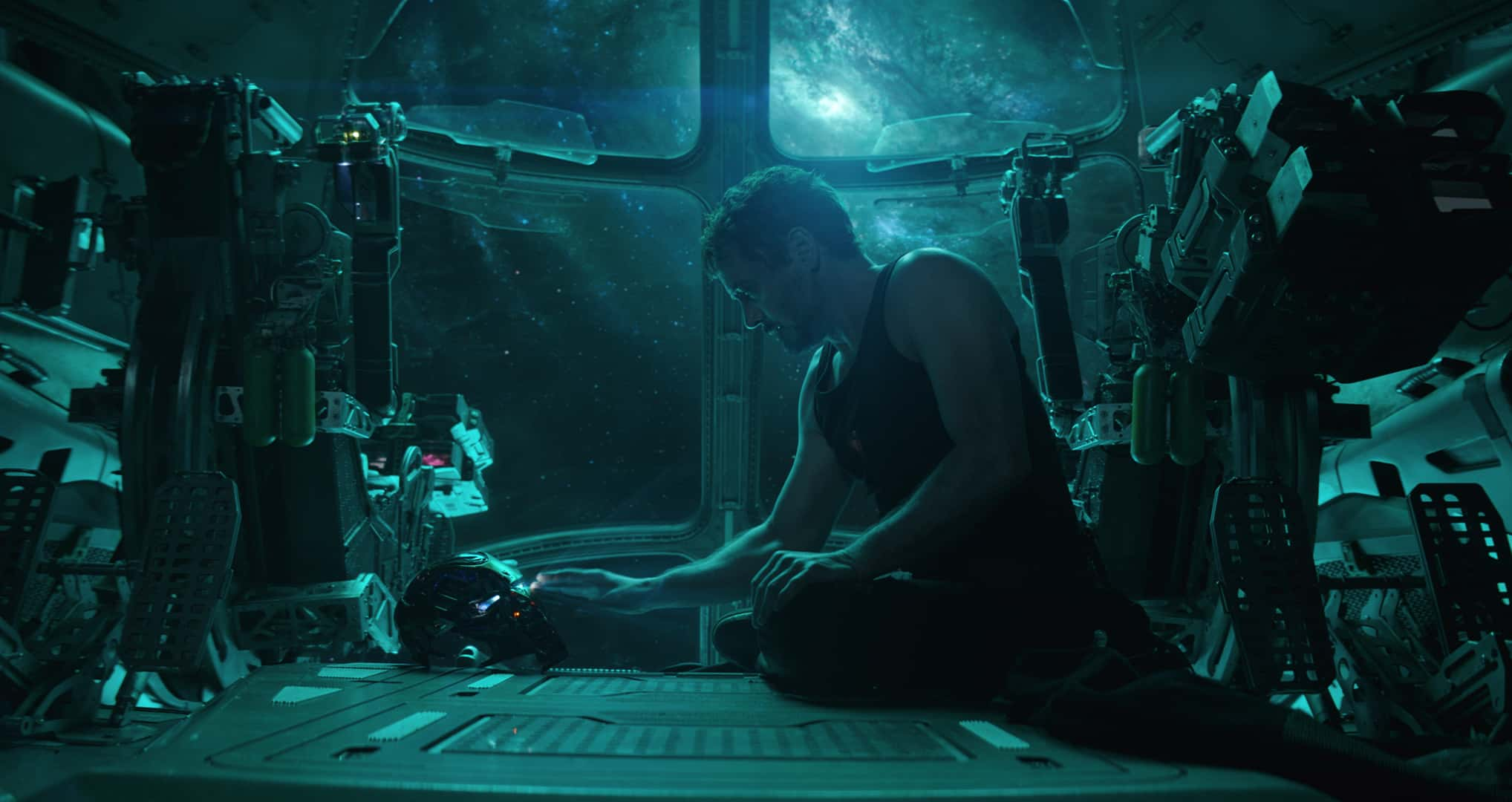
She thinks that though Marvel has done a great job with telling stories of the outcast and the underrated, it definitely has a long way to go. "Marvel has done a good job in featuring stories of the success of underdogs and unsung heroes which appeal to queer people, but explicit inclusion is seriously lacking," she says.
"The media hype glorifying the terrible way the movies goes about it is sad. Okoye, Valkyrie all got the cut during production, and while Joe Russo didn't get cut out (obviously), it was a passing comment that didn't need 5000 articles. The TV shows have done them well," says a fan on Reddit while another adds, "For a cinematic universe spanning 20+ movies and 10+ years, the LGBT rep in the MCU is just horrible. Plus, the representation we got in 'Endgame' is more like salt into the wound when you know that Valkyrie is a canon bi character whose coming out scene was cut out and when the whole Captain Marvel movie screamed 'Gay' during two goddam hours."
So why can't we have a queer superhero if we can have a lesbian 'Batwoman' is the question we've all been wondering about.
"I think the only constant in both life and in popular culture is — ironically — change. Both people and products must always evolve and go through iterations in order to express themselves and make meaning in our society," Lauricella says, adding, "I think that if Marvel wants to present itself as legitimately forward-looking, then it has to take stock of its values and represent via its productions accordingly. This might alienate more conservative audiences, though organizations like Marvel have a real opportunity to be leaders as our society evolves to be inclusive of the spectrum of sexuality," she said.
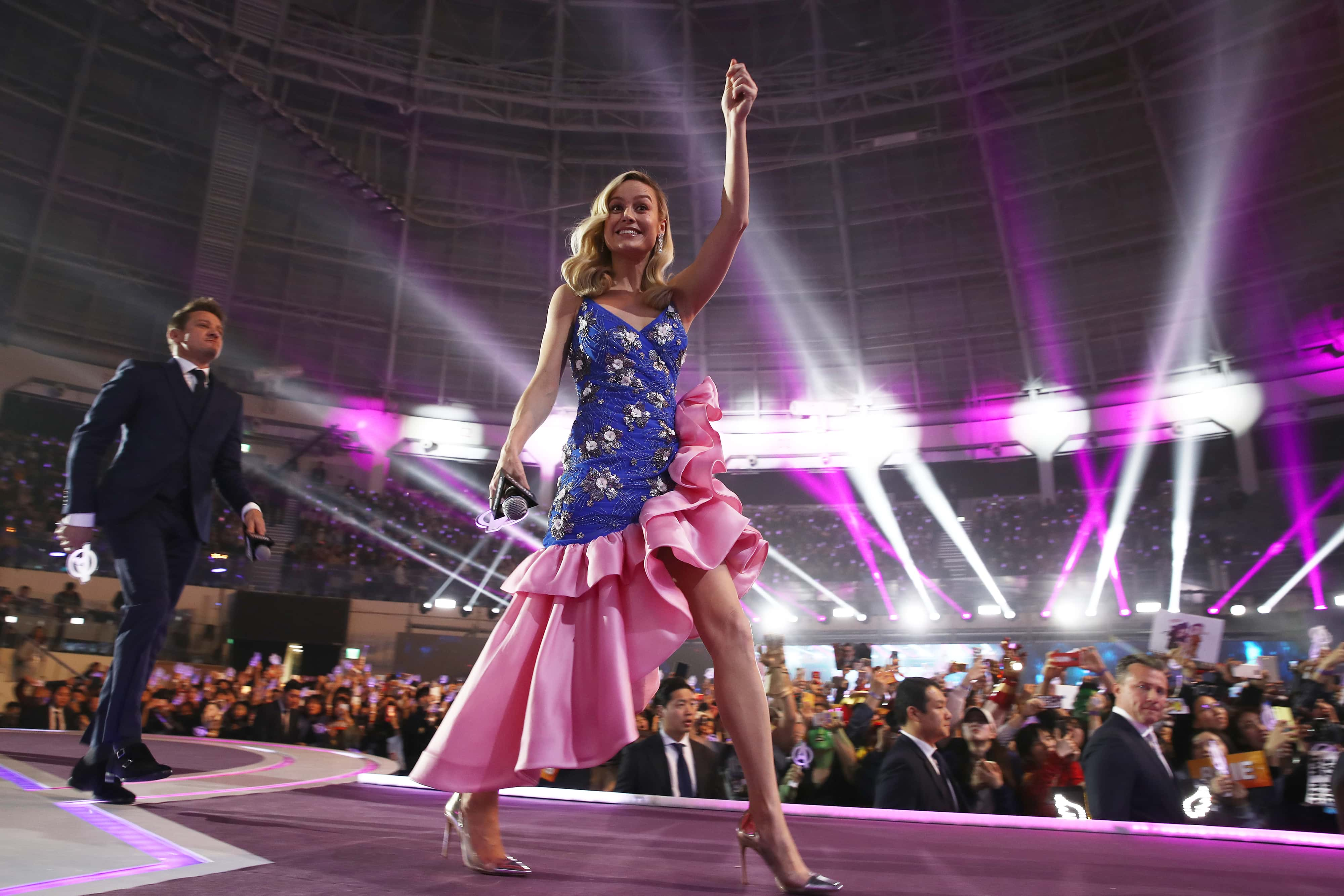
And it seems believable. Brie Larson, the "Wonder Woman" to Marvel spoke up about the lack of representation and that means something — 'Captain Marvel' is one of the most forward-thinking films in the franchise. If you believe the rumors, there's word around town that 'The Eternals', that just cast 'Game of Thrones' Richard Madden — could possibly feature the first main LGBT character for the Universe. There's also a 'Masters of the Universe' movie, starring Noah Centineo in the works which will be based on He-Man, a superhero that was revealed to be gay at some point in the comics.
But it isn't just this that makes one hopeful. It is the fact that the Marvel films are evolving, albeit slowly to cater to the millennial audience. And that could make all the difference in representation. "I suspect and hope that as audiences more explicitly demand inclusion, Marvel will respond. This happened in the case of 'Jane the Virgin', whereby audiences saw Petra as queer, so writers responded by placing Petra in a relationship with a woman (detective JR). Contemporary media can't ignore audience demands, as they ultimately consume the products and vote with their dollars at the box office," Lauricella points out.
But, they have to be meaty roles, she adds. "Representation for representation's sake is hollow and inauthentic. If media outlets such as film, animation, music, etc. 'use' the LGBTQ2S+ to make themselves 'look good' and to simply claim inclusion, this comes off as insincere. I believe that audiences will see right through this. Rather, I think that if we seek legitimacy in popular culture media, writers, directors, and producers need to do their research and get both themselves and their products outside rigid hegemonic expectations," she says.
Matthew Johnson, the Director of Education in MediaSmarts, a non-profit that focuses on media literacy, believes LGBTQ representation has definitely improved in films, but "movies aimed at young people, especially big budget films have lagged behind. In 2018, only 13 percent of films in the action, Sci-Fi and horror genres had at least one LGBTQ character. Because these films cater to the young, they are likely to have an outsized impact on attitudes for decades to come. As a result, it is a big step to have any LGBTQ character, even ones with little screen time, recognized and acknowledged onscreen, but it also means that these genres are only now catching up to where other genres such as comedy or drama were a decade ago."
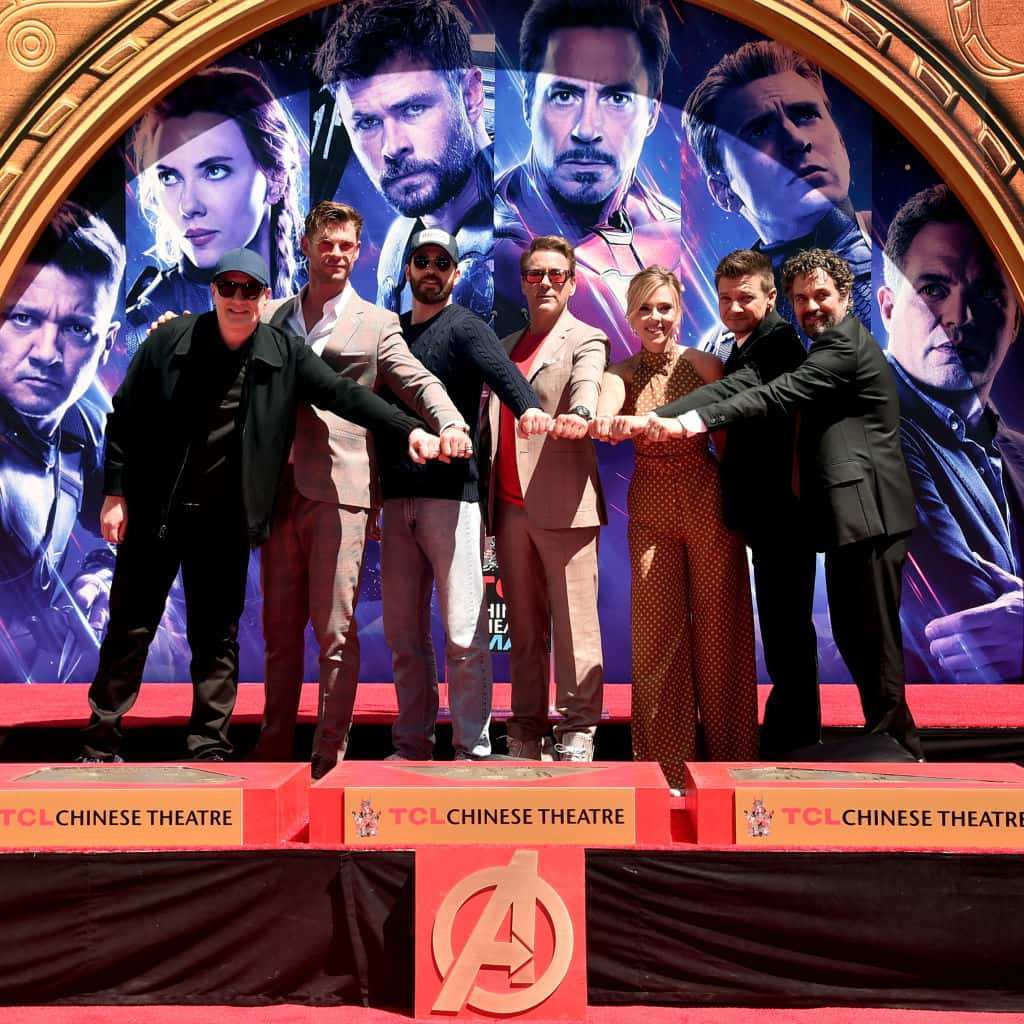
He points out that when it comes to filmmakers and character arcs, "as with any under-represented group, it's essential that members of that group have an opportunity to give feedback on their portrayal before a movie is finished. Members of a community are often more aware of harmful (or simply cliched) tropes associated with their group, which can undermine a generally positive portrayal (as happened with the first gay continuing characters in the 'Star Trek' franchise) and are also able to help filmmakers see how a portrayal may be read differently by people in the community than by those outside (a good example of this would be the character of Artie in the TV show 'Glee', who was clearly meant to be a positive portrayal but received a mixed reception from viewers with disabilities, particularly wheelchair users).
When it comes to particularly Marvel, Johnson says that the movies have less LGBTQ representation than the comics. "If we're looking at individual characters, though, I would point out that any number of things get changed in the transition from page to screen: none of the Marvel characters are exactly the same as their comic book counterparts, and none of the movies are exactly the same as the stories that inspired them."
He adds, "While those changes can be valid points to discuss in criticizing a film, there's no reason to see a change in a character's sexuality as any different from changes to a character's costume or powers — except that it can have the benefit of making the media world a bit more reflective of our real one, and of allowing LGBTQ youth to see themselves represented on the big screen."

